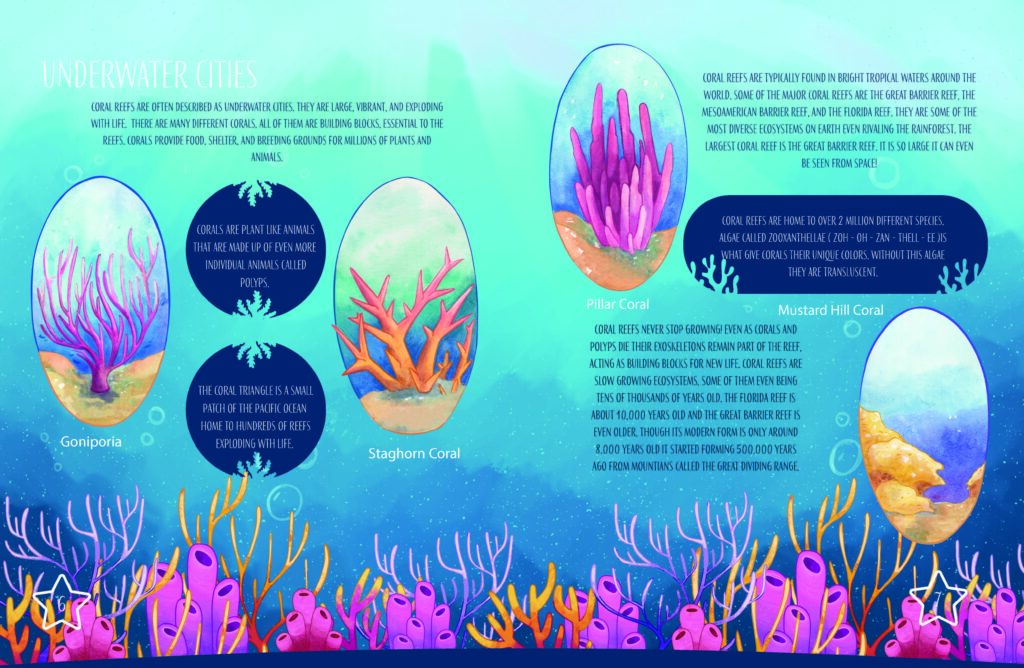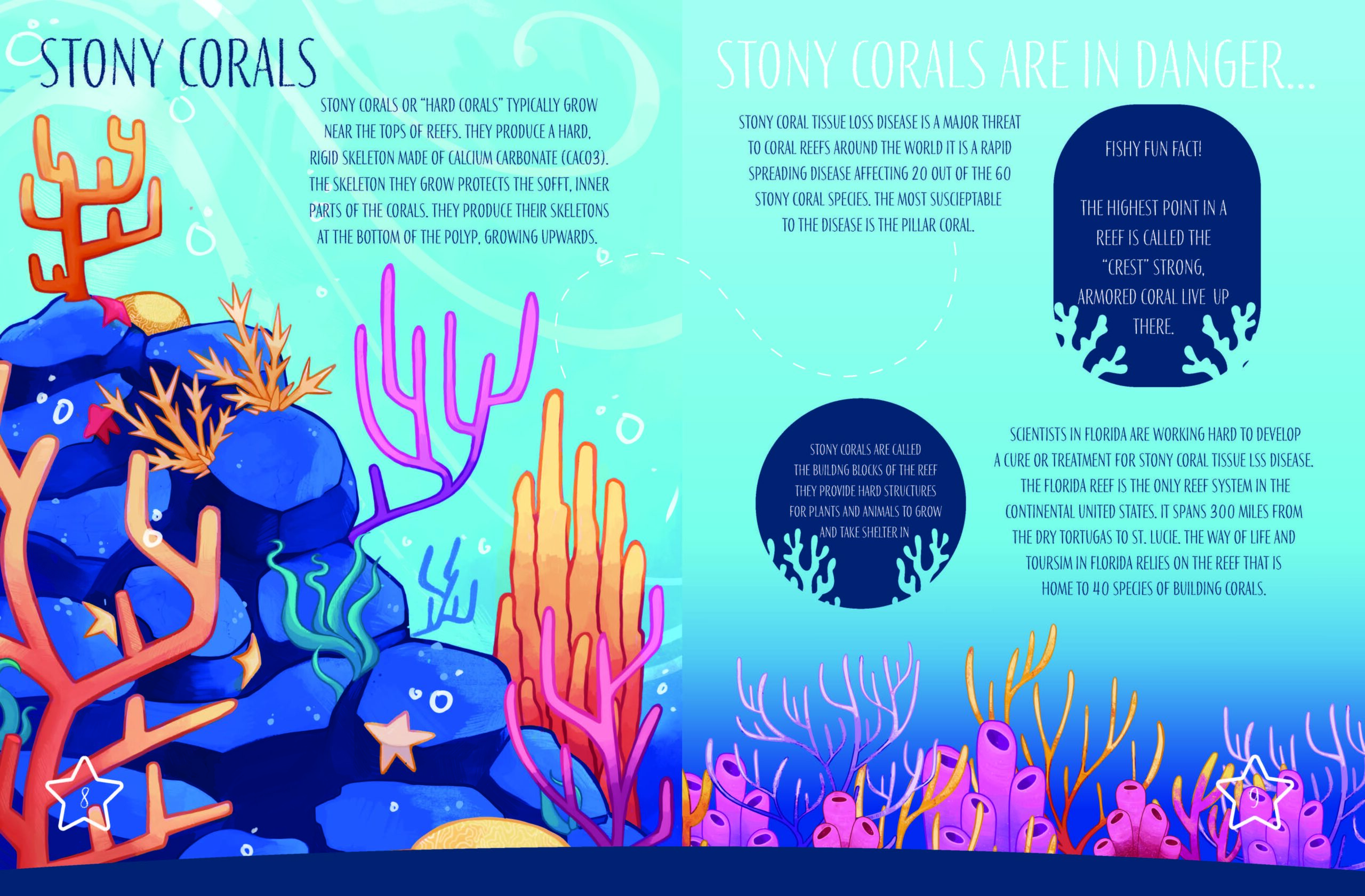Ringling College of Art and Design is proud to launch a new Environmental Studies minor in response to growing global environmental challenges and increasing student interest in sustainability. The minor will offer students from all majors the opportunity to explore the complex relationship between humans and the natural world, equipping them with the knowledge and tools to drive meaningful environmental change in their communities and careers.
The minor was launched this semester, and two graduating seniors who had taken enough qualifying courses before the minor was established were able to claim it.
Sky Lee ’25, Visual Studies, is one of the few students who could claim the minor in time for graduation this year. Lee described his growing interests in environmental studies that predated the minor, “Even before officially pursuing the minor, I naturally found myself drawn to environmental courses. As I worked toward the minor, I deepened my understanding of large-scale and local ecological issues.”

For graduating senior Theo Bell ’25, Illustration, their environmental studies had already begun before they entered college:
“I have always been a big fan of science. By the age of five, I was telling people I wanted to be a herpetologist. During the pandemic, when I was in my junior year of high school, I spent all of my free time drawing and either watching National Geographic, PBS Eons, Animal Planet, or documentaries like Oceans and Crimson Wing. I knew I was either going into Marine Biology or Illustration. Ultimately, I decided on Illustration. The Environmental Studies minor was a perfect fusion of some of the things I love the most—art and science.”
Bell plans to work as an artist for zoos and aquariums after graduation.

To qualify for the Environmental Studies minor, students must take the Environmental Science course, which examines ecological systems and current environmental issues, plus four Environmental Studies electives. The electives span topics from the general, such as Sustainability, to deep dives on social behaviors in the Environmental Ethics and Ecological Beliefs course, the relationships between plants and animals in The Biodiversity of Earth, and planning for the future in Creating an Ecological City.
Liberal Arts faculty member Anamari Boyes is a water scientist who has worked at Mote Marine and a local drinking water laboratory. She teaches the Ecology of Water course that fits the elective criteria. She described the topic-driven course and projects:
“We work on many different topic-guided projects and assignments, with one big project due at the end of the semester. This semester, we learned about tech and water use. In past years, we have studied a stressed water body and looked at the issue as a whole—history, stressors, and solutions, if any. We have also focused on Red tide, microplastics, and other big issues that our water world faces.”
The students create educational campaigns in a medium of their choice to teach the general public about the issue the group is addressing.
Both Sky and Bell are champions for the minor. Bell shared their perspective on the need for studying the environment, “Regardless of your age and occupation, it is imperative that we are well-educated about our environment and how the choices we make impact it. Everything in this world is connected; the choices you make today can affect people and wildlife on the other side of the world.”
Lee explains the critical role of the artist in making change, “Most climate issues do not feel immediately tangible to the general public. This is why environmental challenges need strong visual communication. Ringling College is filled with talented artists, and as artists, we are responsible for speaking to social issues through the language of art.”
Learn more about the Environmental Studies Minor and Liberal Arts at Ringling College.



